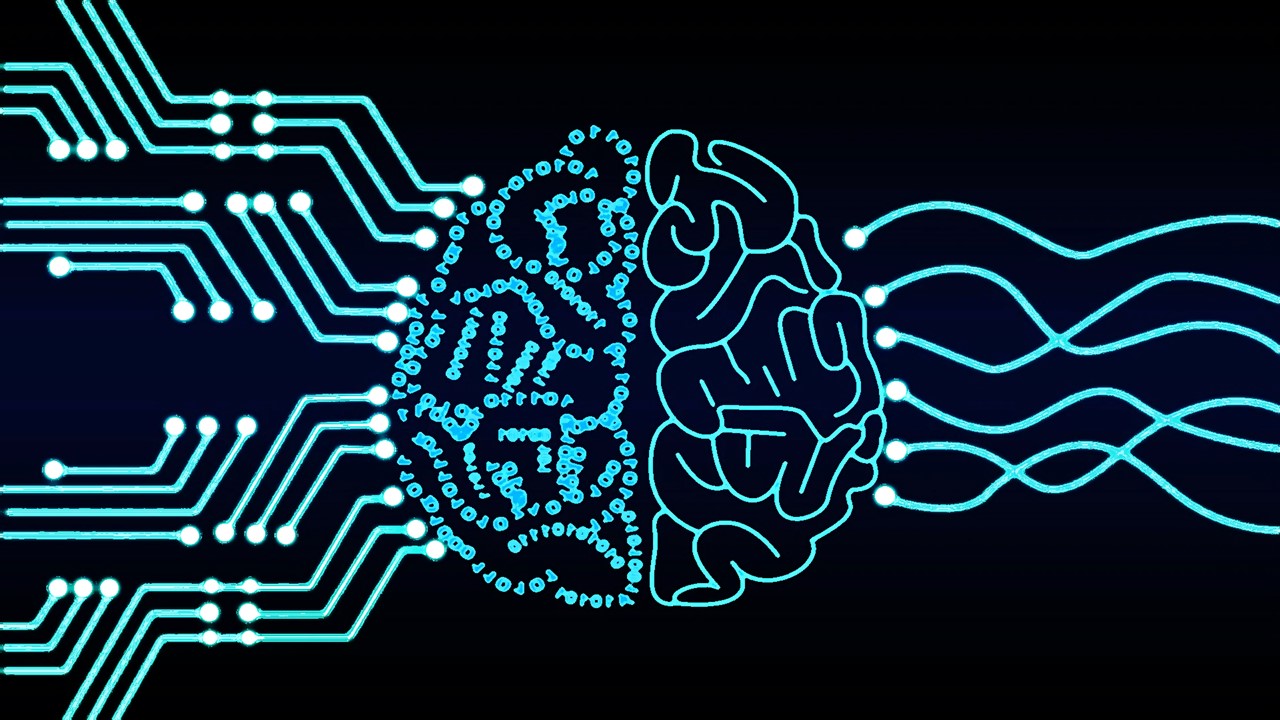AI, with a particular emphasis on deep learning, can uncover concealed patterns within colossal datasets, spanning various data modalities such as text, speech, and images. This innate capability represents a transformative force in the realm of clinical trials, with far-reaching implications for patient-trial matching, recruitment, and the overall efficiency of drug development processes.
Enhancing Patient-Trial Matching and Recruitment
One of the pivotal challenges in clinical trials is identifying and enrolling patients who are not only eligible but also well-suited to the study. Traditional methods of patient-trial matching often rely on rudimentary criteria such as age, gender, and a limited set of medical conditions. These criteria are often too simplistic to account for the complex and nuanced factors that can influence a patient’s response to a specific drug or treatment.
This is where AI, particularly deep learning, shines. Deep learning models are adept at processing and analyzing vast and diverse datasets, making them well-suited for the task of patient-trial matching. By examining a patient’s comprehensive medical history, genetic makeup, and other relevant factors, AI can identify subtle but critical patterns that might go unnoticed by human clinicians. For example, AI can identify patients with specific genetic markers or biomarkers that suggest a higher likelihood of responding positively to a particular treatment. This level of precision not only increases the chances of treatment success but also enhances the overall efficiency of the trial by enrolling patients who are more likely to benefit.
Moreover, AI can correlate this patient-specific data with extensive databases of electronic health records (EHRs), medical literature, and historical trial data. By doing so, AI can identify relevant clinical trials that match the patient’s profile, greatly streamlining the recruitment process. This means that patients are more likely to be aware of and participate in trials that are suitable for them, reducing recruitment timelines and minimizing the financial burden associated with trial delays.
Continuous Monitoring and Adherence Control
The benefits of AI in clinical trials extend beyond the initial stages of patient recruitment and selection. Once a trial is underway, continuous monitoring of patients is crucial for both safety and data integrity. AI-powered monitoring systems can provide real-time insights into a patient’s health and adherence to the prescribed treatment regimen.
These monitoring systems can track various parameters, including vital signs, medication adherence, and any adverse events experienced by the patient. AI algorithms can identify deviations from expected patterns, triggering alerts for medical professionals when necessary. This continuous monitoring not only enhances patient safety but also ensures that trial data is more accurate and reliable.
Moreover, AI can play a pivotal role in optimizing adherence control. Non-adherence to treatment protocols is a common issue in clinical trials and can lead to skewed results or even trial failure. AI-driven interventions, such as reminders, personalized feedback, or adaptive treatment adjustments, can significantly improve patient adherence. By analyzing patient data in real-time, AI can provide tailored interventions to address the unique challenges faced by each participant, increasing the likelihood of successful trial outcomes.
Dependable Endpoint Assessment
In the later stages of clinical trials, determining endpoints, such as the efficacy of a drug or treatment, is critical. AI’s ability to process and analyze complex data, including medical imaging and patient-reported outcomes, can contribute to more dependable and accurate endpoint assessments.
For example, in trials involving medical imaging, deep learning models can automatically detect subtle changes or anomalies that might indicate treatment response or disease progression. These models can analyze images from various modalities, such as MRI, CT scans, or even histopathology slides, with a level of precision and consistency that is challenging for human reviewers to achieve.
Additionally, AI can assist in the analysis of patient-reported outcomes, extracting valuable insights from the vast amounts of data generated by trial participants. Natural language processing (NLP) techniques can parse and interpret patient narratives, allowing for a more nuanced understanding of treatment effects and patient experiences.
In summary, the capacity of artificial intelligence to uncover hidden patterns, coupled with its capabilities in patient monitoring and adherence control, offers immense potential for improving the efficiency and reliability of clinical trials. By harnessing the power of AI, the pharmaceutical industry can not only expedite the development of new treatments but also ensure that these treatments are safer, more effective, and better tailored to individual patient needs.
Engr. Dex Marco Tiu Guibelondo, B.Sc. Pharm, R.Ph., B.Sc. CpE
Subscribe
to get our
LATEST NEWS
Related Posts

AI, Data & Technology
Precision in Three Dimensions: A Novel Approach to Tumor Resection and Reconstruction of the Femoral Trochanter
The integration of digital modeling and personalized guides into the surgical workflow transforms the execution of tumor resection and reconstruction.

AI, Data & Technology
Blueprint for the Future: Establishing Rigorous Standards for Medical AI Data
Medical AI requires not just vast datasets but datasets of impeccable quality.













